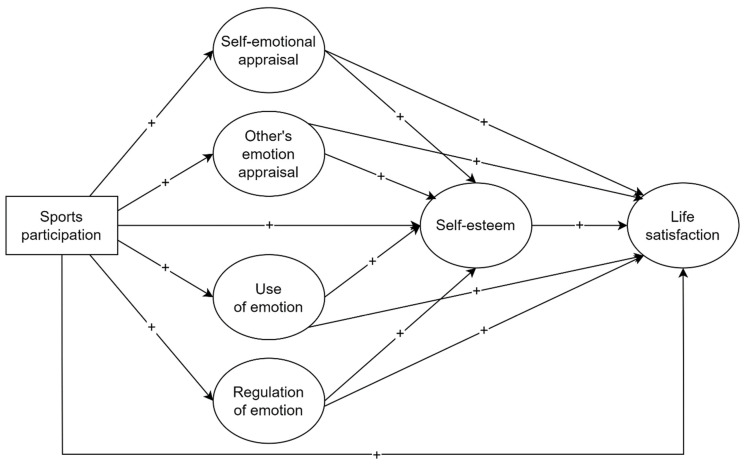Emotional Intelligence: The Practice They’ll Remember
🗣️ Quote of the Day
“Don’t let what you cannot do interfere with what you can do.”
— John Wooden
⚽ Coaching Insight
The best practices aren’t remembered because of the drills—they’re remembered because of the way they felt.
Think back to your own playing days or coaching mentors. Can you describe every training session you ever participated in? Of course not. But I bet you remember the practice where your coach made you feel like a leader. Or the one where you failed—and instead of being scolded, you were encouraged to try again.
Those moments stick because they were emotionally significant.
As coaches, we spend so much time crafting the technical part of practice—spacing, timing, constraints—but the emotional tone we bring into the session is just as powerful. Maybe even more.
This is where emotional intelligence in coaching becomes a game-changer. It’s your ability to read the room. To know when your team needs a boost. When a player needs a pull-aside. When the tone needs to shift from hard-nosed to heart-first.
Players thrive in emotionally safe environments. They learn faster. They take more risks. They bounce back quicker. Emotional intelligence isn’t softness—it’s sophistication. It’s how elite coaches communicate trust, inspire resilience, and model leadership.
🧠 Science + Emotion
Psychologists call it emotional memory. The amygdala (the brain’s emotional center) is activated during moments of intense feeling, helping imprint those experiences. That’s why a player might forget the reps but remember how a coach responded when they made a mistake. Studies prove that the impact of coaches direct impacts players self-esteem and life satisfaction.
If your players walk away from your sessions feeling empowered, supported, and motivated, those feelings get anchored to the work. That connection helps players retain concepts, build habits, and develop a healthy relationship with effort and adversity.

You’re not just building players. You’re building experiences. And experiences start with emotionally intelligent leadership.
🛠️ Practical Applications
- Greet every player by name when they arrive
- Create “reset moments” in tough sessions: give permission to laugh, refocus, and breathe
- Praise specific effort, not just output
- Share your why openly—it builds relational equity
The best practices might not go viral on YouTube, but they’ll live rent-free in the minds of your players for years to come.
🔥 Today’s Challenge
At your next session, do an emotional inventory:
- What’s the overall vibe?
- Who seems off?
- What tone are you setting with your body language and voice?
Take one action to positively shift the emotional tone of the session. It could be:
- A compliment before the session starts
- A team huddle with clear encouragement
- A quick “you’ve got this” to a kid having a rough day
Emotional intelligence in coaching isn’t something you have or don’t. It’s a daily decision to tune in and lead with awareness.
💡 Keep Leveling Up.
Your practice field is more than a place to work—it’s a place to shape identity, belief, and resilience. How you make players feel matters more than you know.
📬 Want more daily tools to lead with insight and impact? [Subscribe here] and build a culture your players will never forget.
